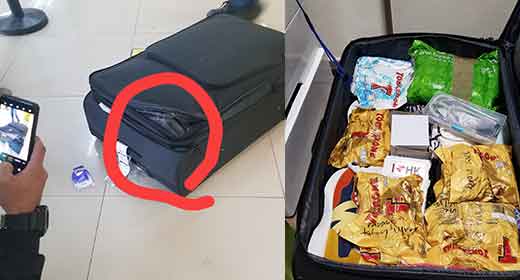The President of the United Arab Emirates (UAE) has issued a series of new federal laws relating to information technology crimes, including a rule that prohibits anyone in the country from utilizing virtual private networks (VPN) to obtain their web traffic from snooping eyes.
The new law states that anyone who uses a VPN or proxy server can be jailed and fined between DH 500,000 to 2 million (PHP 6.4 million to PHP 25.6 million) if they have been found to be using VPNs.
Before, the law limited the prosecution to offenders who used VPNs as part of an Internet crime, but United Kingdom-based VPN and privacy advocate Private Internet Access says that the law has now changed to allow police in the UAE to try for anyone who uses VPNs to access blocked services, which is considered to be fraudulent use of an IP address.
VPNs are services that allow users anywhere in the world to connect to a private network on the Internet. It hides the user’s actual location, thereby useful for online privacy, but they can also be used to avoid region restrictions on content. Examples include going around state censorship in China or Turkey to access social media or pornographic Web sites. VPNs are also used together with the Tor anonymity network to access Web sites hidden on the Dark Web.
Now, a large number of people living in the UAE use VPNs in order to access popular apps that are inaccessible from within the Gulf nation like WhatsApp, Snapchat, and Viber, which are messaging and voice apps that utilize Voice over IP (VoIP) technology to deliver voice calls over the Internet for free.
VoIP apps have long been a thorn in the sides of telecom operators around the world, but the UAE is one of the first governments in the world to actually control on behalf of and for its telecom companies in order to help them stem loss of revenue from VoIP apps.
The UAE government only granted licenses for Etisalat and du to offer commercial VoIP services.
Source : ibtimes.com.uk






